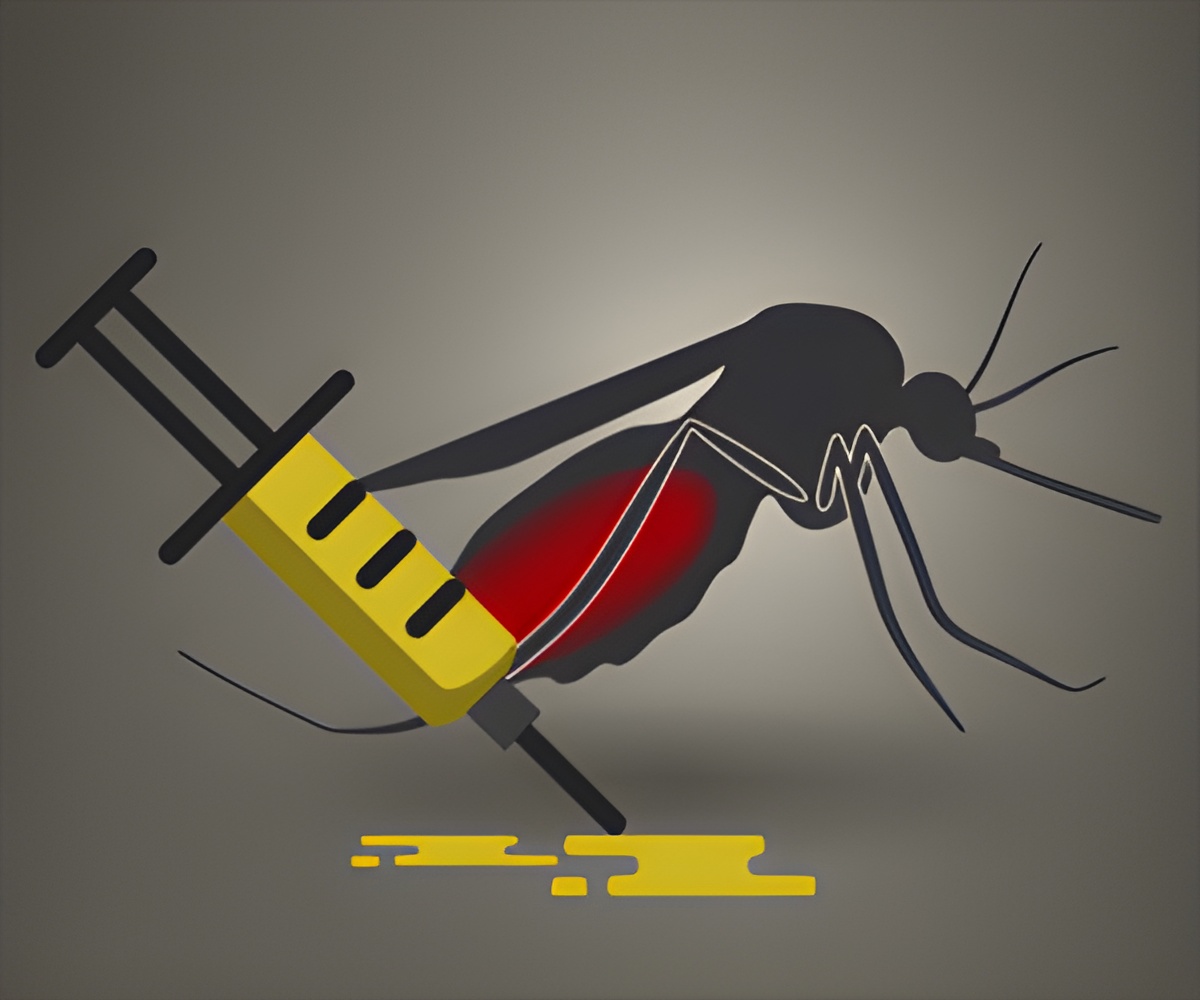Two vaccines for malaria based on genetically engineered malarial parasites have been found to be safe in humans.

‘Volunteers who received new malaria vaccines showed protection and delayed infections compared to individuals who received a placebo vaccine in new phase 1/2a clinical trials.’
Read More..




Isaie Reuling and colleagues previously created a vaccine based on a genetically modified version of the malaria parasite Plasmodium berghei, which infects rodents but does not cause disease in humans; the parasite was modified to express a protein from the closely related Plasmodium falciparum, the primary cause of malaria in humans.Read More..
Here, the scientists administered their vaccine to 24 healthy human volunteers, who tolerated the immunizations well and did not show any severe side effects. The vaccine delayed infections when the immunized volunteers were exposed to mosquitoes infected with P. falciparum, an effect that may result by blocking the parasite from invading liver cells, the researcher speculate.
The authors also estimated the immunization would slash parasite loads in the liver by 95%, indicating it might provide some protection to individuals.
Taking a similar approach, Meta Roestenberg and colleagues conducted a phase 1/2a trial of their PfSPZ-GA1 vaccine, which uses a genetically weakened P. falciparum parasite. The authors tested various vaccine doses in 19 volunteers and saw that the vaccine was well-tolerated and safe.
The research team then immunized 39 volunteers with either PfSPZ-GA1 or a control vaccine three times over 24 weeks and exposed the volunteers to controlled bites from mosquitoes infected with wild-type P. falciparum.
Advertisement
Advertisement










